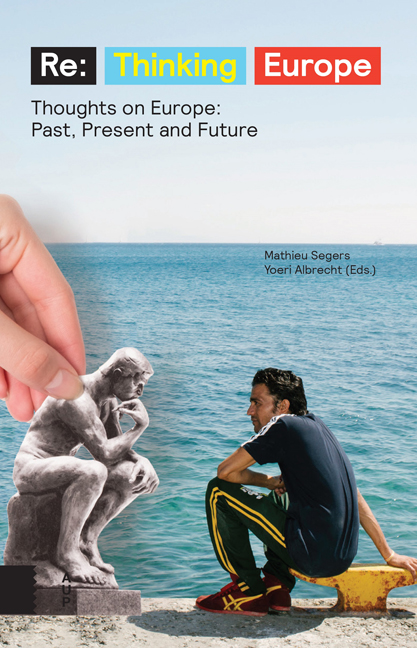Extracts from a speech in the Main Auditorium of Cologne University
Published online by Cambridge University Press: 07 January 2021
Summary
Cologne, 24 March 1946
How was it possible that the revival of the true spirit of Germany was of such short duration? How could it be that that German Republic which arose after 1918 endured only 15 years? How could it be that the German Empire founded by Bismarck in 1871, rising swiftly to become the mightiest state in the world, had collapsed again by 1918, after only 47 years – an empire that had seemed the equal, in strength and stability, of well-nigh every other European state of the period? And the National Socialist empire that followed, which was first greeted with jubilation by many unsuspecting Germans, but later, for its abysmal villainy and perfidy, feared indeed, but also despised and execrated, by many, very many more – how was such a thing possible in this our German nation?
How was it possible that this war could be begun by the National Socialist regime – a war that, despite initial dazzling successes, had necessarily to be lost in the end? How was it possible that miracles of bravery and dutifulness could be performed in this war while close by, within the very same nation, crime after crime of the greatest magnitude was being committed? How was it possible that this war was continued, though it was early on clear that it had to be lost, to the point of our own self-destruction?
How was this plunge of the German nation into such abysmal depths possible? And how is this nation now to bear its terrible fate: hunger and cold; hardship and death; a life that offers, for the present, no hope of a better future, led in utter political powerlessness, despised by all the nations of the world!
[…]
I demand no confession of guilt from the German nation as a whole, although many Germans do bear a very heavy burden of guilt, and many others a burden less heavy but a burden of guilt nonetheless. Nor do I believe that people in other countries who have thought reasonably and calmly about this matter demand of us such a public confession of guilt.
But we must proceed to an examination of conscience in our own interest, if we are to find the right way leading out of our present national abyss.
- Type
- Chapter
- Information
- ReThinking Europe Thoughts on Europe: Past, Present and Future, pp. 177 - 184Publisher: Amsterdam University PressPrint publication year: 2016

